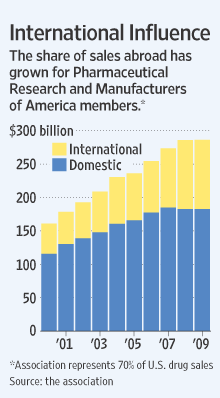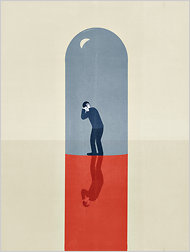Confronting Bigots Intolerant of Alternative Mental Health Treatment
A long-term outcome study of schizophrenic patients who were treated with and without psychiatric drugs was published in 2007 in the Journal of Nervous and Mental Disorders. Funded by the National Institute of Mental Health, research psychologist Martin Harrow, at the University of Illinois College of Medicine, discovered that after 4.5 years, 39 percent of the non-medicated group were “in recovery” and 60 percent had jobs. In contrast, during that same time period, the condition of the medicated patients worsened, with only six percent in recovery and few holding jobs. At the fifteen-year follow-up, among the non-drug group, only 28 percent suffered from any psychotic symptoms; in contrast, among the medicated group, 64 were actively psychotic.




SHARE YOUR STORY/COMMENT: